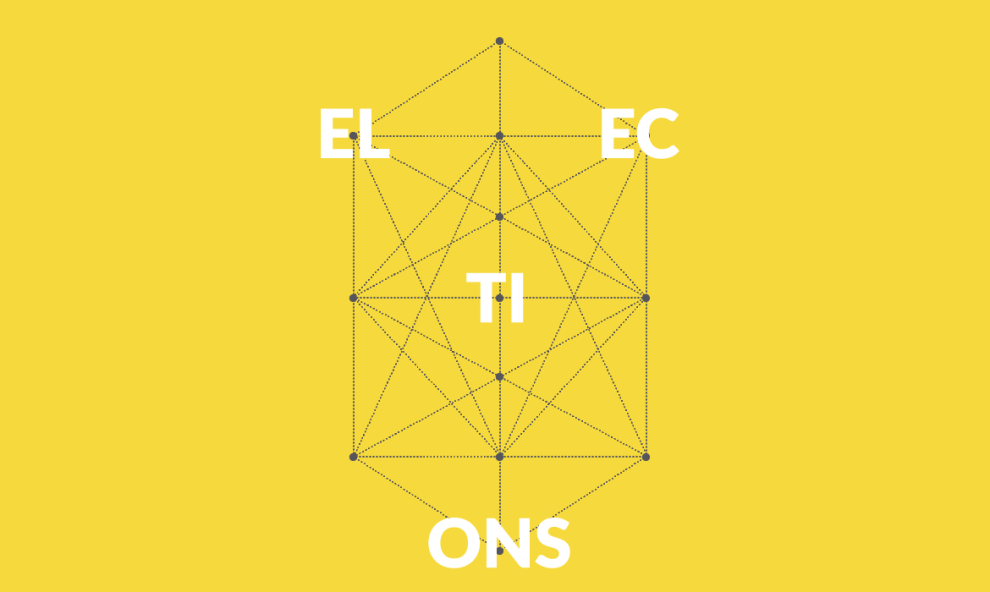A legend, allegedly concocted by Voltaire, tells that Isaac Newton formulated his law of gravity when an apple fell on his head and wondered “why did the apple fall?.” Ipso facto his theory was born. Centuries later, the PAN (Partido Accion Nacional) is bent on defying Newton’s law. Instead of devoting themselves to the complex problems of government and, if they wanted to, to assess their recent failures, the panistas are bent on acting a party permanently in the opposition.
The PAN lost its way on two occasions and for two almost opposite reasons: one for having no strategy and another for its excessive rigidity. The first time happened in 2001 when the new PAN administration had the opportunity to redefine the Mexican political system and lay the foundation for a truly democratic change, but the then president, Vicente Fox, proved unable to understand the magnitude of his own success: the forces that were unleashed by the defeat of the PRI or the changes in structure of power that would take place as a consequence. The second took place this year during the midterm elections where the government and its party were lost in their own prejudices, ignoring the dynamic of an intermediate electoral process. Both promise to be defining moments for the future of the country and of the PAN.
Mexicans of the present generation will never get to understand how was it possible for Fox to squander the golden opportunity created by the 2000 election to dismantle the PRI’s power structure. Upon reaching the presidency, Fox had the chance to negotiate a democratic transition that could transcend the electoral dimension. The moment was not only auspicious, but exquisite for two reasons: as could be seen that night at the Angel, the people, including those who did not vote for the PAN, were all behind the new government, eager to enter a new stage in the country’s history. The other reason was key in terms of timing: PRI members were biting their nails off, terrified of being jailed for corruption charges or for any other reason stored in their collective conscience. They were ready and willing to negotiate almost anything.
We can only dream now about what could have been the content of such a pact, but what is clear is that they could have exchanged the sins of the past for a new future. Fox could have proposed an agreement that would lead to a restructuring of the sources of power in exchange for the legitimacy of those involved and peace for society. How much would have been possible is a matter of fiction at this point, but the missed opportunity was monumental. The PAN government initiated the first non-PRI administration imitating the PRI: instead of changing the government, they mimicked it. Today the PAN is increasingly more alike the PRI but without the skills to govern.
Instead of taking the giant leap, Fox was content to sit in the presidential chair and give Sebastian Guillen, aka Subcomandante Marcos, media control. The PAN, embodied in its president, displayed the great limitation of not having experienced senior managers in their ranks. Nine years later, the PAN continues to display an incredible inability to create them.
If Fox came to power without strategy and vision, the second PAN government, headed by Felipe Calderon, arrived with the opposite attitude: to control everything to the point of excluding everybody other than those personally loyal to the president, regardless of competence. The recent mid-term election is a good example of the consequences of wanting to exert total control. While the PRI articulated a regional strategy for each of the states and districts of the country (because Sonora and its wine orchards is not the same as Oaxaca with its indigenous traditions), the PAN adopted a single national strategy. This made sense in the presidential race where candidates have a national, almost universal presence, but is an absurd strategy when it involves a regional or local dynamic: citizens expect relevant answers to their circumstances. The PRI gave ample promises (and plenty of goods), while the PAN handed criticism to the PRI. The PAN’s loss was its own doing. Looking forward towards 2010 and 2012, there is no reason to believe its performance will be different.
PAN was born as a party of citizens and for the citizenry. Its birth was a reaction to the party of the revolution and an invitation to develop a strong citizenry. Seventy years later, the PAN seems divided, unable to understand power and citizens are deserting it. Their internal feuds, incredibly ideological, are incomprehensible to most voters. Their inability to govern effectively is astonishing. As the recent budget cycle put in evidence, it was the PAN that undermined the president’s bill. Their internecine quarrels as the ruling party, in addition to being expensive and stupid, are striking. What was tolerable nine years ago today has become untenable. There is perhaps no better indicator of the new challenge facing the PAN than the young voters, those that had never voted before: almost none of their votes went to the PAN
The PAN has two options: one is to continue digging its grave in the form of internal bickering, parochial conflicts and rejection of power and their own president; the other is to start building a party of and for power, but from the perspective of its origins: the citizen. The first path, the one it has chosen since assuming office, will inevitably lead to the scaffold. That is the way extremist, and very powerful, groups that conform the party are leading it in a way that is irreconcilable with real politics, the politics of power, where negotiating with all legitimate political forces is a point of departure. Perhaps the young people who in 2009 voted for the Green Party or other options did so because of intense advertising, but it is also possible they did so because they no longer see in the PAN an option capable of governing the country.
The alternative for the PAN is to redefine itself in terms of power: find an arena that allows it to reconcile its original base, the citizen, with the realities of power. Its natural inclination is schizophrenic: on the one hand to repudiate the government while, on the other, negotiating political reforms that imply a betrayal of the citizenship, such as happened in the latest electoral reform and is now being attempted in other political bills. The PAN will never win a presidential election if it remains unable to offer a real choice of power on behalf of the citizenry. Its dilemma is a simple one: the PRI will always be preferable if the PAN strives to be as the PRI but with no ability to govern. The PAN has to show it can govern or it will go back to what appears to satisfy the spirits of its traditional contingents: the opposition.
Missing the point






Comments